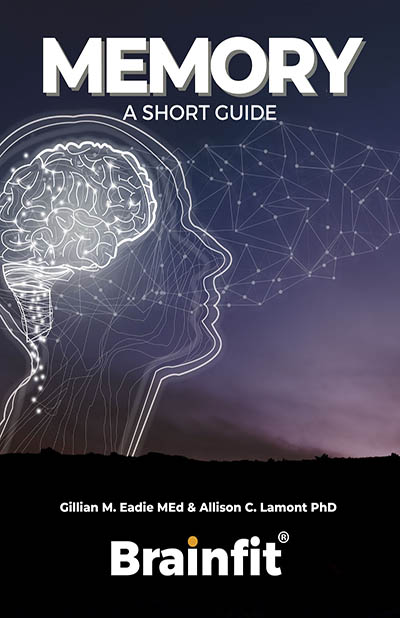Considerable research into the causes and effects of Alzheimer’s disease is being conducted world-wide. This has been on-going ever since Alois Alzheimer first described the disease in 1906. Even so, there is still no cure.
There have been positive advances into ways to avoid the risk factors in the disease, though; following these guidelines will give you the best possible protection. But the important message is that you must begin while your brain is still healthy and it is not too early to begin in your 40’s.
Here are the 10 key ways to prevent Alzheimer’s:
- Stay active. Physical exercise into old age can reduce the risk of dementia by 50%.

- Your brain needs to have work to do. Without being challenged, the all-important connections in your brain (the dendrites) decline, causing a decrease in your brain mass. The more you challenge your brain with tasks that are hard for you to do, the more your brain connections grow. This increased brain mass is your protection against Alzheimer’s. Reading, talking, playing an instrument, dancing, crosswords, internet searches help.
- Mental Fitness. Going beyond the everyday brain challenges, make an effort to engage in mental arithmetic, remembering shopping lists, reading parts of the paper upside down, word games, computer games and the like. These force your brain to work in unusual ways and help build the vital brain mass you need.
- Focus on food for a healthy brain. The more brightly coloured your fruit and vegetables are, the better they will be for you. Keep within a healthy weight and buy items you know will help you support the growth of brain connections. Make sure Omega-3 is in your diet (fish such as salmon provide an excellent source). Not only will your risk of dementia decrease, but your whole body will be healthier as a result of a brain-healthy diet.
- Reduce alcohol intake. A glass or two of wine a few days a week can be beneficial for some people; what is known, though, is that an excessive alcohol intake will cause the loss of brain cells and connections. This risk factor for Alzheimer’s can be avoided.
- Reduce high blood pressure. Any cardiovascular difficulties that restrict blood flow to the brain will increase the risk of dementia. Make sure you follow your doctor’s instructions to keep blood pressure at safe levels.
- Look out for Diabetes and stress. Both of these conditions have been found to increase the likelihood of developing Alzheimer’s as well as heart attacks and strokes. Seek medical advice if you are suffering from Diabetes or have been exposed to long periods of stress.
- Look after your sight and hearing. Loss of sight and hearing have increased the risks of Alzheimer’s, possibly because of the reduced opportunities for brain stimulation. Don’t ignore the symptoms of declining eyesight or hearing.
- Maintain a positive attitude. A happy outlook on life can reduce the risk of depression and memory loss. Do you remember Pollyanna’s ‘glad game’? She learned from her father to find something optimistic in every situation, no matter how gloomy it seemed on the surface. This positive outlook on life is a wonderful protection.
- Avoid pollutants wherever possible. Pesticides, poisonous heavy metals or dye solvents have been found to increase the risk of memory loss. Keep your living environment as healthy and free of pollutants as possible.
Gillian M Eadie, MEd, BA, Dip. Tchg, LTCL
CEO, The Brain and Memory Foundation
Gillian is an award-winning educator with more than 20 years as a principal at several prestigious private schools and is a Churchill Fellow. For more free help and personal advice on diet, brain food, exercise and improving your memory, please visit the Brain and Memory Foundation. You’ll find lots more information and tips like these in the books by Allison Lamont PhD and Gillian Eadie, see Seven Second Memory.




